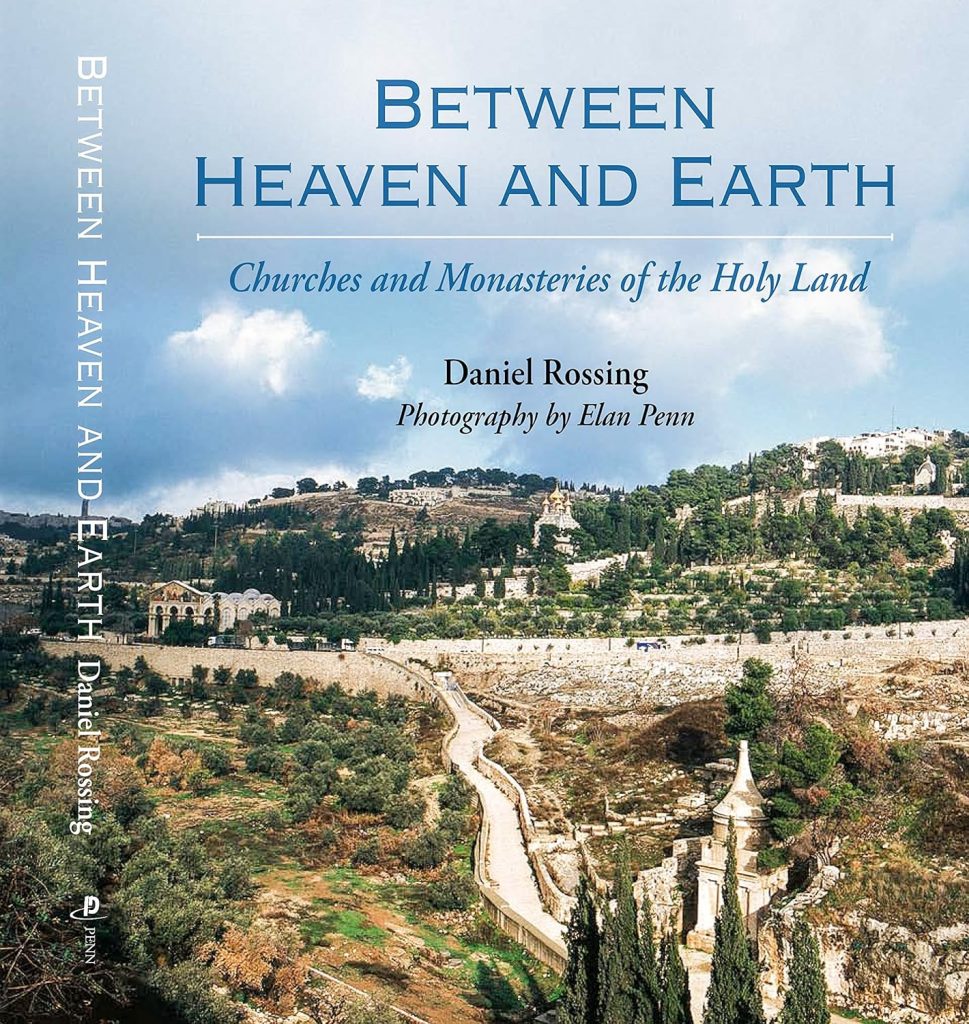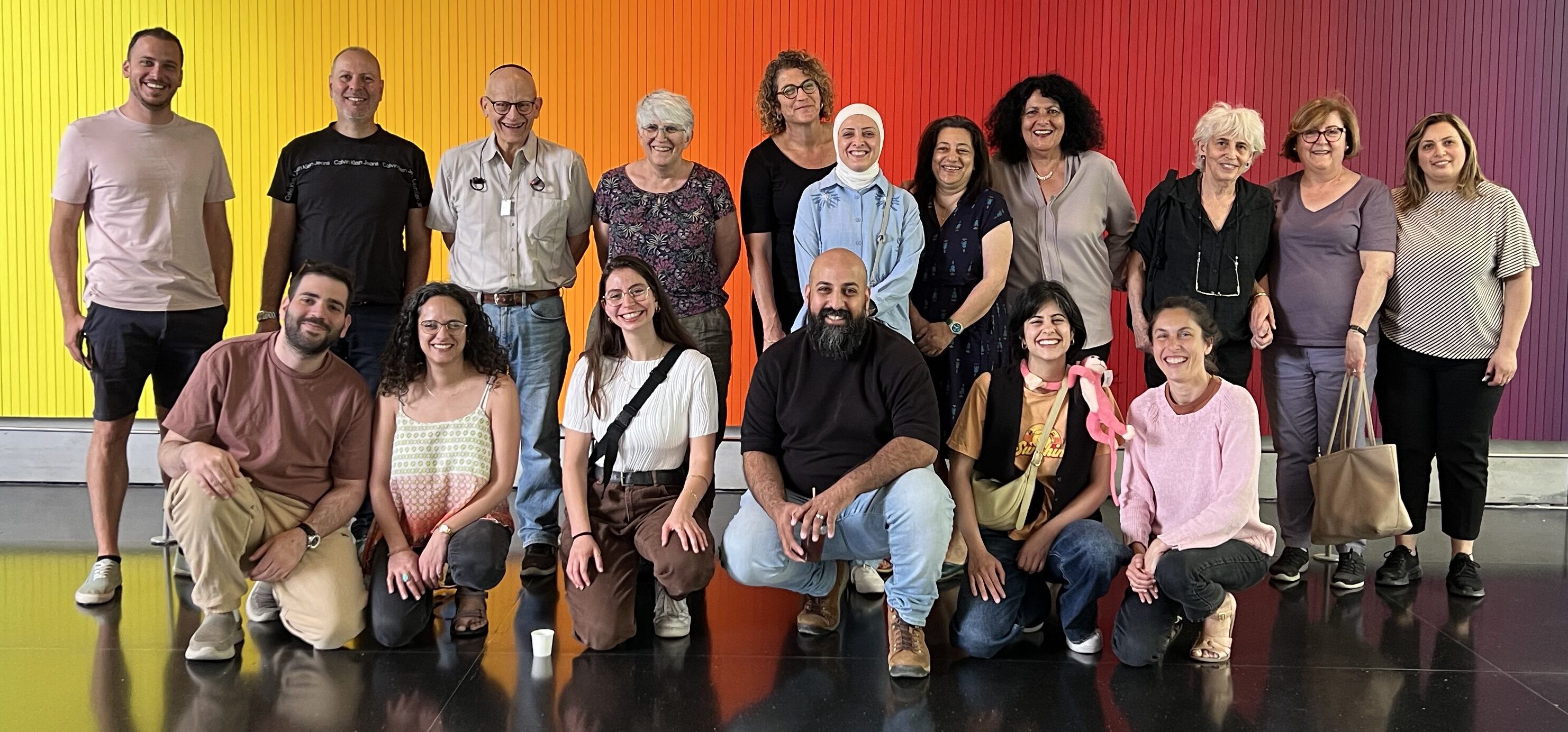
About the Rossing Center
The Rossing Center for Education and Dialogue is an interreligious organization based in Jerusalem which promotes an inclusive society for all religious, ethnic and national groups. Through education, encounter, research and consulting, the Rossing Center promotes better relations between Jews, Christians and Muslims in the Holy Land.
About Us
The Rossing Center for Education and Dialogue is a Jerusalem-based interreligious, peacebuilding organization. We believe that understanding, justice and equality will enable Israelis and Palestinians to live in peace, and we envision societies which embrace religious, ethnic and national diversity as an asset rather than a threat.
Founded in 2006, the Rossing Center is a leading organization in the field of interreligious education and encounter, with a diverse Israeli-Palestinian staff of Jews, Christians and Muslims who engage over 10,000 individuals in our activities each year. Our mission is to build the desire and capacity of Israelis and Palestinians to create truly shared societies for all groups, and we are working to achieve this by teaching skills and values of inclusivity within the Israeli education system, as well as engaging Jews and Arabs in mixed spaces.
Our Work
In line with our mission and theory of change, our activities are designed to foster the desire and build the capacity of Israelis and Palestinians, Jews, Christians and Muslims, to create inclusive, just societies for all. Our projects and programs fall under three main spheres of action:
- Our Education Department aims to change the Israeli education system holistically, so that principles of inclusivity are embedded in education curricula, and educators at all levels are equipped to teach the values and skills necessary to build an equal, peaceful society. In particular, and in cooperation with the Ministry of Education, our programs target principals, teachers and teachers in training, who can act as multipliers with the ability to educate the next generation of Jews and Arabs to develop open, pluralistic identities, to be sensitive to inequality and injustice, to be tolerant of difference and to be ready to live together and side by side in an inclusive society.
- Our Dialogue Department projects focus on engaging Jews and Arabs to act cohesively together to make the mixed spaces in which they live, work and study, shared and inclusive.
- Our International Engagement Department provides encounter, research and information services to local and international audiences. This enables the valuable exchange of ideas vis-à-vis effective peacebuilding between the Rossing Center and institutions and organizations in other countries – learning from each other’s experiences and practices.
Along with our civil society work, we engage relevant stakeholders to achieve systemic change. Our bottom-up/top-down strategic approach has allowed us to create long-term partnerships with institutions such as the Ministry of Education, the Hebrew University of Jerusalem and wide-ranging civil society organizations dedicated to the values of peacebuilding, shared society and the combatting of racism. To date, we have collaborated with over 140 religious, interfaith, intercultural, educational and public bodies.
To read our annual report please press on the links below:
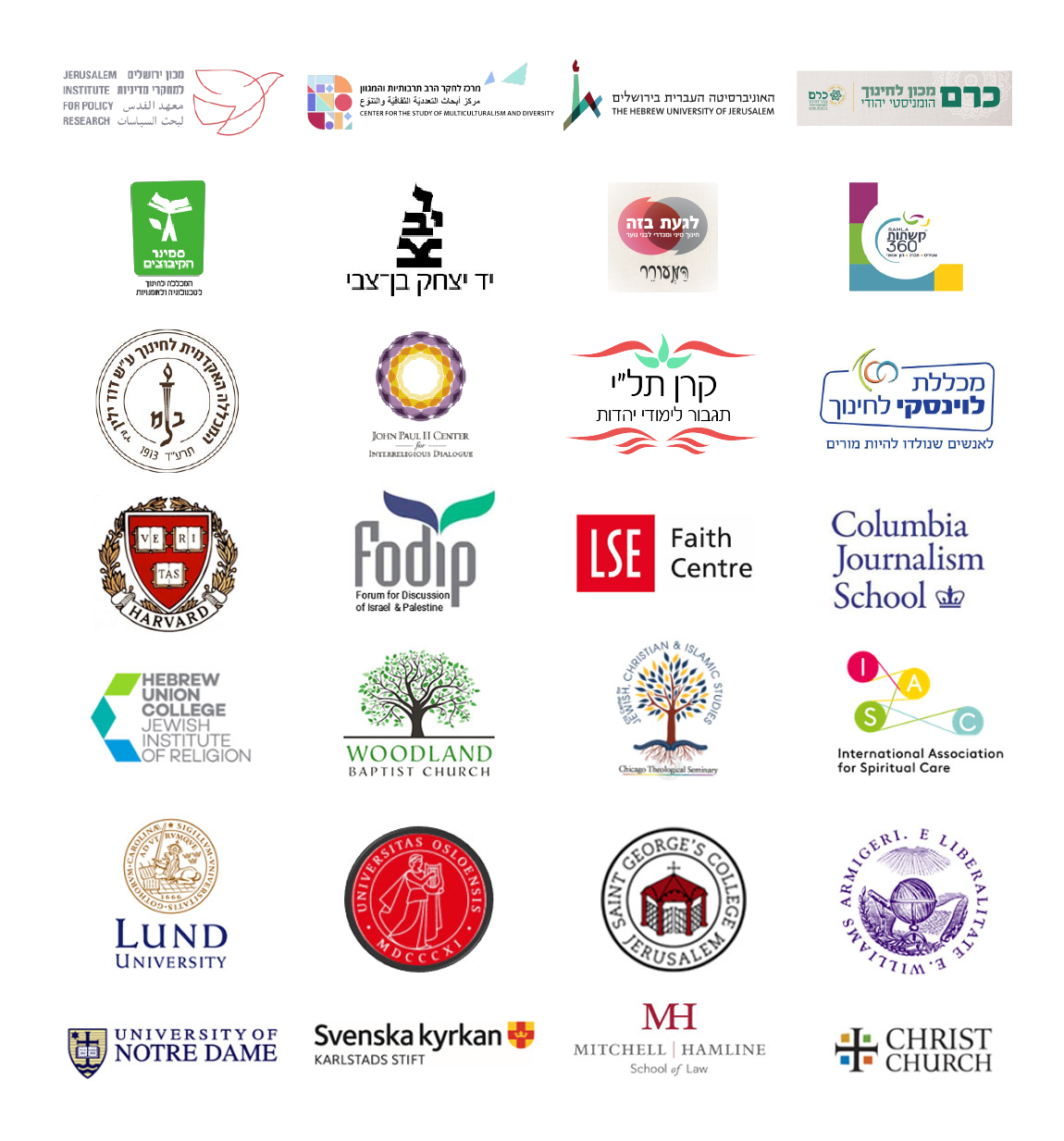
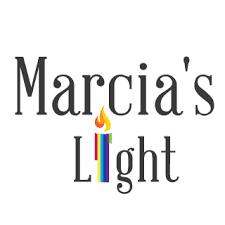
Dr Sarah Bernstein
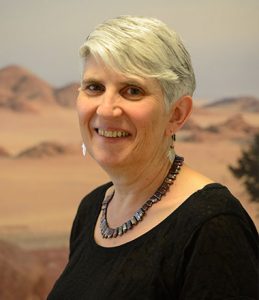 Executive Director
Executive Director
Born in the UK, with a background in law and mediation, Sarah has worked in the field of peace-building and coexistence work since 2000, specializing in interreligious dialogue. She was awarded her PHD in Peace and Reconciliation Studies by Coventry University in England for her thesis on the theme of ‘Narratives of Belonging: Life Stories of Jewish-Israeli Women in Jerusalem.’ The Israeli editor of the book, Women of the Book: A Jerusalem Collage, Dr. Bernstein’s article on “Is ‘Interreligious’ Synonymous with ‘Interfaith’? The Roles of Dialogue in Peacebuilding” was published as a chapter in the book, Peacebuilding and Reconciliation: Contemporary Challenges and Themes (Pluto Press, 2012). Sarah sat on the Alliance for Peacebuilding Global Advisory Council on Effective Interreligious Peacebuilding, and was a founding Board member of the International Association of Spiritual Care. She currently serves as a member of the International Reference Group of the Church of Sweden. Sarah lives in Jerusalem.
Vivian Rabia
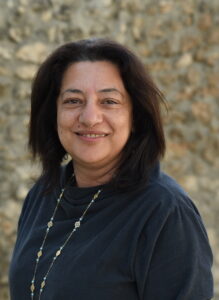
Director of Education
Vivian has worked for over 20 years as a professional group facilitator in the field of Jewish-Arab relations, personal identity, women’s empowerment and more. Vivian is the Director of the Open House in Ramle and of the Healing Hatred spiritual counselling program. In the past, she facilitated in both Dialogue and Identity and the Educating for Change Arab school program. Vivian has an MA in gender studies at Bar Ilan University and lives in Ramle.
John Munayer
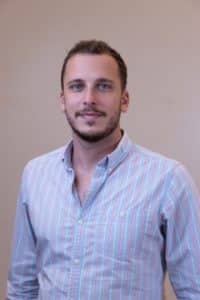
Director of International Engagement
Born and raised in Jerusalem, John has been involved in peace-building and dialogue initiatives from a young age. He continued to pursue relevant subjects in university, completing an MSc in International Relations of the Middle East from the University of Edinburgh, an MA in Theology and Religious Studies: Building Interreligious Relations from Vrije Universiteit Amsterdam, and a BA in Religion, Politics and Society from King’s College London. John also researches, writes and lectures on Palestinian Christian identity, Palestinian Theology and Interreligious Dialogue.
Gal Eblagon
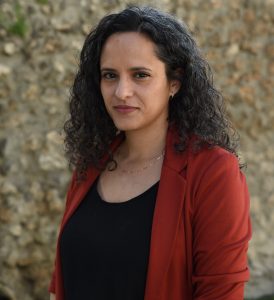
Director of Dialogue
Gal has a Master’s degree in Jewish Philosophy, and conducted her comparative research on early Judaism and Christianity in the field of Niddah. Gal is the Director of the Meeting Place program, partnering with the Hebrew University in Jerusalem to encourage encounter and dialogue between Jewish, Muslim and Christian, Israeli and Palestinian students. In the past, Gal facilitated in both the Educating for Change and Healing Hatred programs. Gal lives in Jerusalem.
meetingplace@rossingcenter.org
Hana Bendcowsky
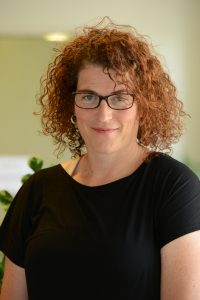 JCJCR Program Director
JCJCR Program Director
Hana is the Program Director of the Jerusalem Center for Jewish-Christian Relations (JCJCR). She holds an M.A. degree in Comparative Religion from the Hebrew University and has 27 years of practical experience in interfaith activities in Israel and abroad. She teaches in various institutions, colleges, academic programs, Christian seminaries, post and pre-military programs, IDF, governmental offices, and more. She is involved in many of the Center’s activities, including its dialogue programs, producing educational materials, consulting, and advocacy work. Hana is a professional tour educator in Jerusalem, leading study tours in the Christian Quarter. She has particular expertise in the Christian Communities in Israel and Jewish-Christian relations in the Israeli context.
Hamutal Gouri
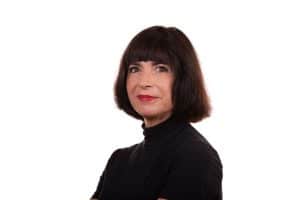
Program Director
Hamutal is a group facilitator, cultural researcher and a specialist in storytelling for social, community and organizational change. She holds a BA in English Literature and an MA in Cultural Studies. A Jerusalemite in the deepest sense of the word. She is currently a co-director of the ‘Foundation for Change’ program.
Reut Ben-Horin
 Educating for Change Program Director
Educating for Change Program Director
reut holds a master’s degree in the program for research and conflict resolution at the Hebrew University of Jerusalem, and leads groups with a psychoanalytic approach. Has over ten years of experience in the field of education – in teaching, concentration and management of programs in formal and informal education. In recent years, she has led various projects in the field of education for shared life. She currently manages the “Educating for Change” program, for training teachers to manage discussions on conflictual issues in the classroom. In addition to her position at the Rossing Center, Reot is a clinical social work master’s student at Tel Aviv University.
Ophir Yarden
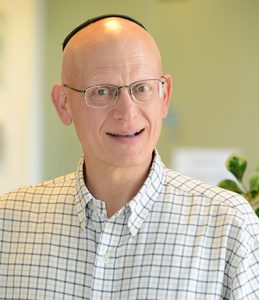
ADAShA Program Director
Ophir directs ADAShA:The Jerusalem Center for Interreligious Encounter, which creates and conducts Study-Tours in Israel/Palestine for interreligious groups from abroad. He is a senior lecturer in Jewish and Israel studies at Brigham Young University’s Jerusalem Center and teaches in several other universities, colleges and seminaries in Jerusalem. Ophir is a licensed Tour Educator and has trained Tour Educators and Guides in Judaism and Islam since the 1990s. Ophir has rich experience in interreligious work having coordinated and facilitated many engagement programs and has recently begun to teach courses on religion and conflict transformation. Born in the U.S.A and has been living in Jerusalem since 1978.
Reuven Hanan Adva
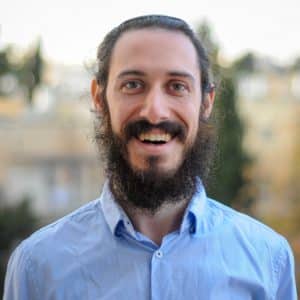
Resource Development Coordinator
Reuven has been involved in interfaith dialogue and various Israeli-Palestinian joint initiatives for the past decade. A Jerusalemite by choice, his love for the city stems from its layers and complexities. As an Orthodox Jew and social activist, he deeply identifies with the Rossing Center’s intersectional approach to promoting an inclusive society in the Holy Land. Reuven brings an array of experiences from the field of peacebuilding combined with expertise in project management and systems productivity. He spends his free time engaged in traditional Jewish learning and artistic photography. Reuven holds a B.S. in Media, Culture, and Communication from New York University.
Dr. Pamela Lubell
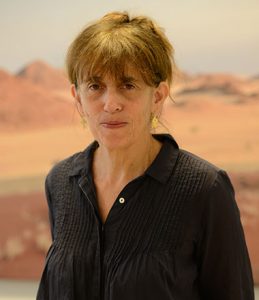
Resource Development Coordinator
Pamela has a PhD in the Political History of Modern China and has taught at The Hebrew University of Jerusalem and Tel Aviv University. Pamela has worked on project design, monitoring and fund-raising for NGOs conducting human rights and development programs in Israel, South East Asia and Africa. She also has a diploma in early childhood education and has worked in that field for Hebrew University and on commercial projects for Time Life International. Pamela lives in Jerusalem.
Salpy Arakelian
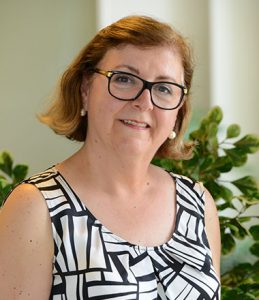
Office Manager
Born in an Armenian family in Haifa, Salpy has a degree in English Literature from Haifa University. Salpy started her career as an English teacher, but moved to work as an administrator with 20 years’ experience in various companies, such as Palestinian Development Fund, Palestinian Banking Corporation and PricewaterhouseCoopers (PwC). Salpy lives in Jerusalem.
Fethiya Arafat Haddad

Program Coordinator
Fethiya Arafat Haddad has a MA in Organisational Consulting from the University of Tel-Aviv with over 10 years of experience in community work. In addition, she is a trained facilitator who was certified in the University of Tel-Aviv. Fethiya also volunteers in the field of awareness and identity among children and women in Ramle. At the Rossing Center, she facilitates a teacher training group in the Dialogue and Identity Program.
Manar Sagir-Halilia

Hiba Janadri Abu Khadra
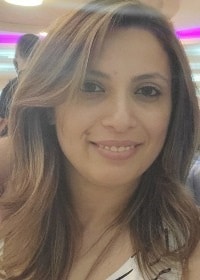
Foundations for Partnership Program Director
Hiba Janadri Abu Khadra has a MA and BA in Arabic Language and Literature, a BA in Education, and a BA in Social Work. For over 15 years Hiba has worked in the social and community spheres, developing and managing various programs among diverse sectors in the Arab population. Such programs addressed personal development, empowerment, acceptance of the ‘other’ and social resilience.
Ruth Eliasi-Shuster
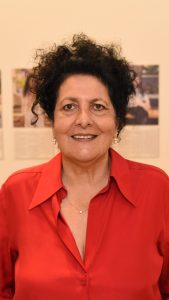
Program Coordinator
Ruth Eliasi-Shuster was born in Iran, and at the age of two, her family immigrated to Israel in the 1960s. Ruth holds a bachelor’s degree in education and art and is a graduate of a group facilitation course. She has worked for many years as a group facilitator in conflict resolution at the School for Peace in Neve Shalom and at the AJEEC Negev Institute. She also managed the guesthouse in Neve Shalom, her place of residence. she facilitates two groups as part of the student scholarship project: a group of Jewish and Arab female students from Ramla with a focus on dialogue, and a mixed group of men and women with a focus on tours in the city of Ramla and dialogue. Ruth is also involved in community life in Neve Shalom/Andalusia and volunteers in various roles on committees in the village.
Federica Sasso
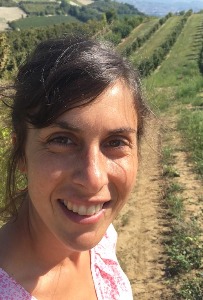
JCJCR Coordinator
Born and raised in a small town in Northern Italy, Federica worked as a journalist for almost two decades prior to joining the Rossing Center. Over the years she has written for Italian and international media outlets, reporting from Europe, the United States and Israel/Palestine. She holds a BA in Spanish and English literature from the Catholic University in Milan, and a masters in theological studies from Harvard Divinity School, where she focused on the nexus of religion and politics. Federica is a trained facilitator and an experienced podcaster. She lives in Jerusalem with her husband and daughter and their two dogs.
Tal Cohen
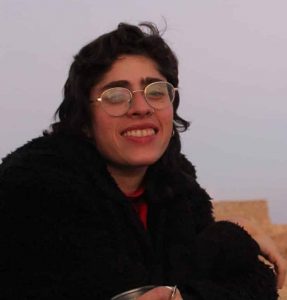
Communication Coordinator
Tal is a B.A. student in the Sociology-Anthropology department and in the department of Religious Studies at the Hebrew University of Jerusalem. Tal started at the Rossing Center as an intern as part of the intern program of the Faculty of Humanities at the university and is now the media and communication coordinator.
Daniel Rossing (1946-2010)
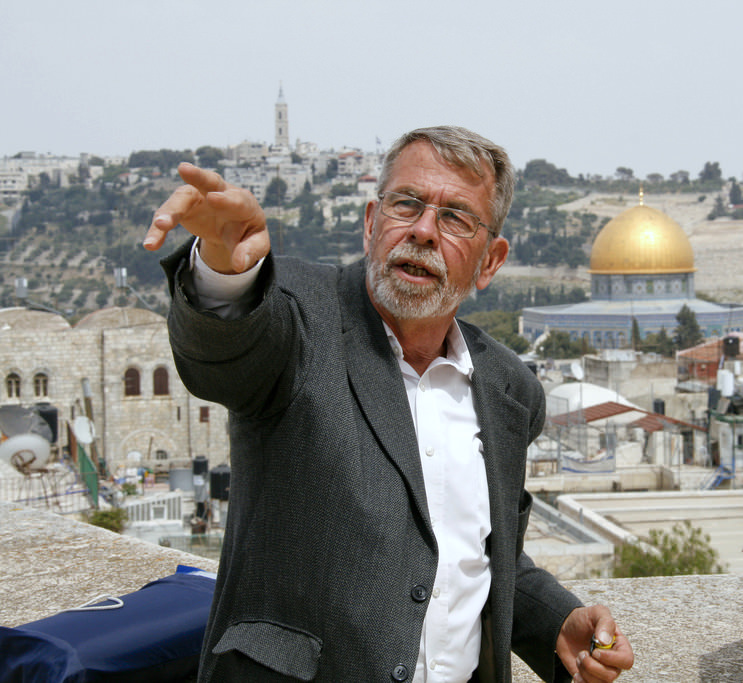
Daniel Rossing devoted himself to interfaith relations in Israel for over forty years.
He was an expert on the Christian communities in the Holy Land, and Founder and first Director of the Jerusalem Center for Jewish-Christian Relations (JCJCR) – later to become the Rossing Center – promoting understanding and empathy between the various Jewish communities in Israel and the diverse strands of indigenous Christians.
Daniel earned a Bachelor of Arts degree in history from the University of Wisconsin and a Master of Theological Studies degree from the Lutheran School of Theology in Chicago. He was a Rotary International Fellow at the Hebrew University in Jerusalem, where he also completed graduate studies in Contemporary Jewish Thought.
For fourteen years, Daniel was Director of the Department for Christian Communities in Israel’s Ministry for Religious Affairs; for nearly a decade he was Director of the Melitz Center for Christian Encounter in Israel, and also served as Head of the Christian Communities Desk at the Jerusalem Foundation. He taught at the adjunct faculty of the Ecumenical Institute at Tantur, St. George’s College in Jerusalem, and Hamline University Program in Israel, and was scholar-in-residence for a host of intensive short-term study programs, including the Council of Christians and Jews Church Leaders’ Seminar in Israel. He published extensively on Christian minorities in the Middle East, on interfaith relations in the Holy Land, and on Jerusalem.
Daniel received the 2009 Mount Zion Award for his outstanding contribution to dialogue between the different religions and cultures in the Holy Land, and his enhancement of mutual understanding between Jews, Christians and Muslims, in Jerusalem and throughout the land held sacred by the three Abrahamic faiths.
Daniel’s book Between Heaven and Earth was published in 2012. To purchase the book using Israeli shekels please follow the link here. To purchase the book using other currency please contact us at info@rossingcenter.org
We extend heartfelt thanks to all our supporters and donors for their generosity!
Your contribution helps us fulfill our mission to promote an inclusive society for all religious, ethnic and national groups in the Holy Land. We are committed to continue to develop our work in partnership with you.
To support our work
The following are among our past and current donor organizations:
Alliance for Peacebuilding
Washington DC, USA
http://www.allianceforpeacebuilding.org/
American Jewish Committee
New York, USA
http://www.ajc.org
Chicago Jewish Federation
Chicago, USA
http://www.juf.org
Church of Sweden
Uppsala, Sweden
http://www.svenskakyrkan.se
Deutsche Verein vom Heiligen Lande
Köln, Germany
http://www.heilig-land-verein.de
Diocese of Rottenburg-Stuttgart
Rottenburg, Germany
http://www.drs.de/startseite.html
Diocese of Hessen-Nassau
Bickenbach, Germany
http://www.imdialog.org/
Evangelische Kirche im Rheinland
Düsseldorf, Germany
http://www.ekir.de
Evangelische Kirche von Westfalen
Bielefeld, Germany
http://www.ekvw.de
Evangelisches Missionswerk in Deutschland
Hamburg, Germany
http://www.emw-d.de
Gimprich Family Foundation
New York, USA
ICCO & Kerk in Actie
Utrecht, Netherlands
http://www.kerkinactie.org
and http://www.icco.nl
Katholische Zentralstelle für Entwicklungshilfe e.V. MISEREOR
(Foreign Political Entity)
Aachen, Germany
http://www.misereor.de
Kindermissionswerk “Die Sternsinger”
Aachen, Germany
http://www.sternsinger.org
Kirche in Not
Königstein, Germany
http://www.kirche-in-not.org
Marcia’s Light
New York, USA
https://marciaslight.org/
Missio Aachen
Aachen, Germany
http://www.missio-aachen.de
Perlin Family Foundation
Virginia, USA
Pruzan-Abrams Family Foundation
Seattle, USA
Strauss Investments Ltd
Israel
US Embassy,
israel
https://il.usembassy.gov/
The Rossing Center received $8,000 in 2019 and 2020 from the US Embassy towards our Dialogue and Identity project.
FAQs
Is the Rossing Center an interfaith or Israeli-Palestinian peacebuilding organization?
The Rossing Center defines itself as both an interreligious and a peacebuilding organization focusing on Israeli-Palestinian relations. We believe that religious values and beliefs are inextricable from cultural and socio-political dynamics, and they deeply shape individuals’ identities – including in secular contexts. Therefore, to effectively impact Jewish-Arab relations we strive to contribute to the understanding and appreciation of the other as a whole, with their religious/cultural/national narratives, traditions, beliefs and practices. We also believe that religion may serve as a common ground for cooperation, and we endeavor to create and deepen relationships across religious lines, despite differences and disagreements. While we do not define the ongoing Israeli-Palestinian conflict as religious in its essence, the conflict has acquired increasingly religious elements in recent years, and religious nationalist tropes are used to fuel the violence. We are therefore all the more aware that religion has a crucial role to play in reversing this dynamic and contributing instead to peacebuilding and thus define ourselves as an interreligious peacebuilding organization.
Do you define your work as “shared society” or “cross-border”?
The Rossing Center is one of the few organizations in the region carrying out both shared society and cross-border activities. We believe that in order to achieve just and peaceful societies for all national, ethnic and religious groups, it is necessary to adopt a holistic strategy which also includes cross-border work. The May 2021 hostilities highlighted once again that Palestinian society in Israel, the West Bank and Gaza is interconnected, and the lack of a resolution to the ongoing conflict will always impact on Jewish-Arab relations within Israel. Therefore, we envision our shared-society activities and our cross-border work as intersecting, whenever possible and relevant.
Where does your funding come from?
Our work is supported by private foundations and individuals, religious institutions and communities, as well as governmental bodies. Part of our income is also generated by our information, consulting and educational services.
What is your staff make up?
We are a highly diverse Israeli-Palestinian team of Jewish, Muslim, Christian and secular staff members. See more on our staff here.
Do you support a specific political party or solution to the conflict?
We are an apolitical organization and believe that the conflict must be resolved through negotiation to achieve an agreed resolution which will best serve the needs and rights of all sides of the conflict. We strive to work with institutional partners in order to achieve the highest impact of our programming.

